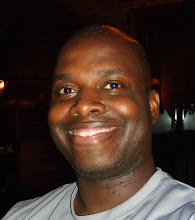Authentic is characterized by a well-defined identity and role in environment. Maslow termed this spontaneity and simplicity. He explained that this character preferred being themselves rather than being pretentious. I clarify this language to place it squarely in the context of research on identity formation and social role definition.
The counterfeit of authentic is arrogant. As an arrogant individual, you lack a sense of self in the context of others. You seek to define yourself as separate from others. In this way, you do not have to evaluate the ethics or congruence of walking the talk. You self-protect in the group by thinking yourself smarter than the others. Rather than seeing this as an opportunity to share your knowledge, you decide that only you can understand.
You want people to see you as self-confident. But, we soon realize that you have little awareness of others. Your contribution is not to the group. It is simply an attempt to reject your feelings of loneliness. You often say, “I could explain it, but they will not understand.” Rather than recognizing your deficit in communication, you adopt the view that you are superior and therefore exempt from any collective social definition of self.
To be truly authentic, you embrace both your strengths and your weaknesses. You realize that who you are is only partly defined by what you know and who you know. Your social role is also important. Social role is what you contribute to the group. Authenticity is commitment to the requirements of your contribution and consistent participation in the discourse.
Subscribe to:
Post Comments (Atom)


No comments:
Post a Comment